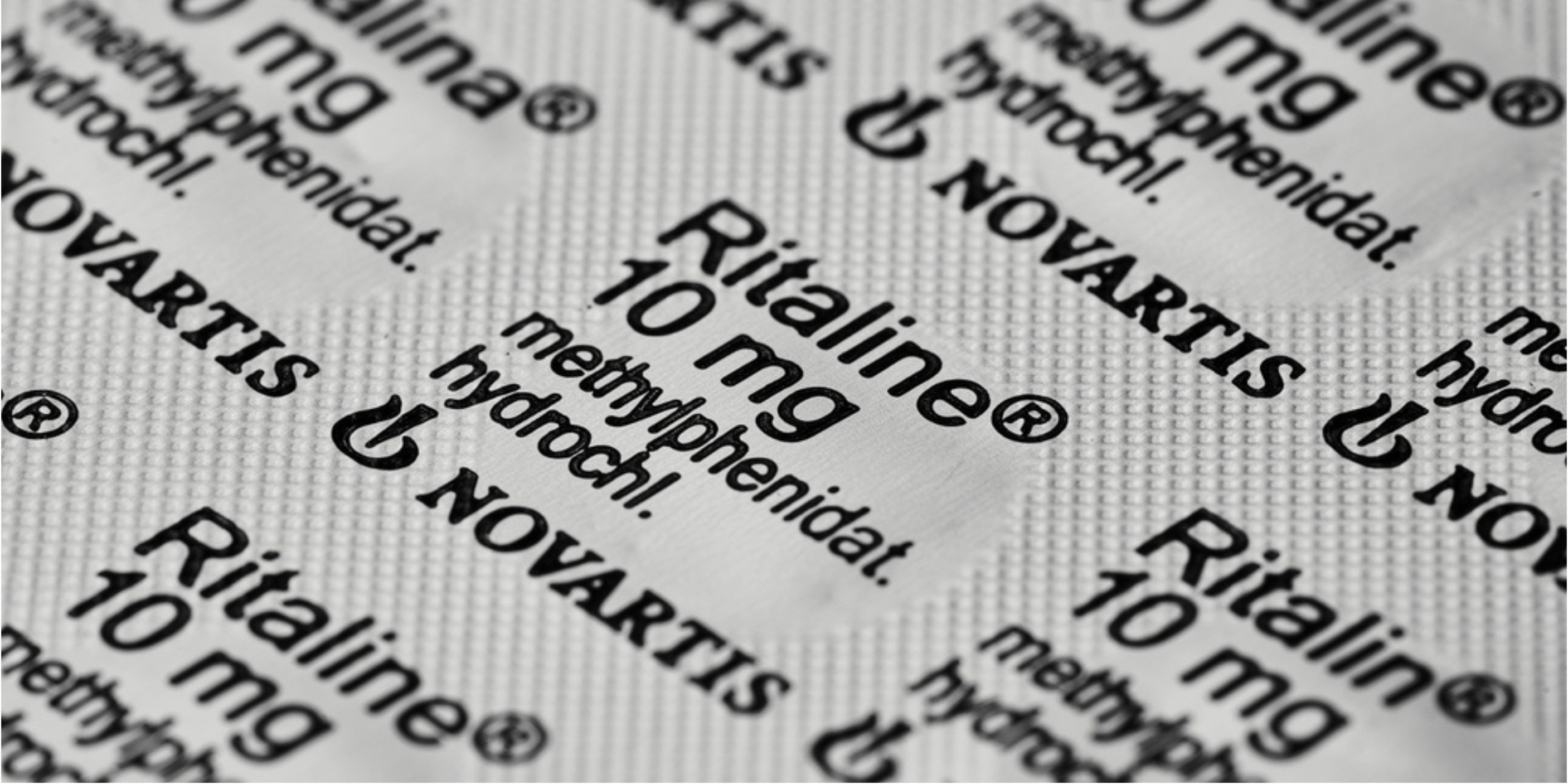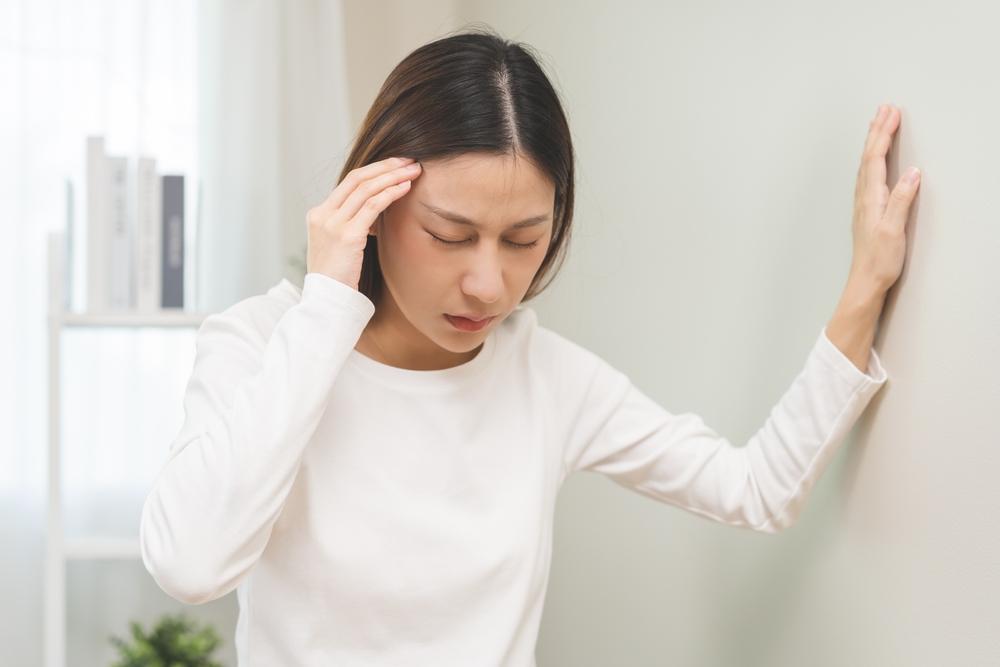Last Updated:
July 21st, 2025
Ritalin Rehab Treatment | What to Expect
What is Ritalin rehab?
Ritalin rehab is a structured treatment programme that helps people safely reduce and recover from dependence on this stimulant medication. Also known as methylphenidate, Ritalin is commonly prescribed to treat ADHD. When used correctly, it improves focus and reduces impulsivity, but when misused or taken long-term, it can lead to psychological and physical dependency.
Ritalin can make a person feel sharper, more productive or more in control. But over time, those effects can start to feel necessary rather than helpful. You may find yourself unable to concentrate without it, irritable between doses or anxious about running out. Rehab offers a safe environment to explore those patterns and begin the process of stepping away with support.

Do I need treatment for Ritalin addiction?
Because Ritalin is often prescribed by doctors, it can be hard to see when use has crossed into dependence. The shift is usually slow. You may not be taking it to feel good but rather to avoid feeling bad. That’s often the clearest sign that something’s changed.
Here are some questions to help you reflect:
- Have you started increasing your dose without medical advice?
- Do you feel unable to focus or function without it?
- Have you experienced mood swings, anxiety or irritability between doses?
- Are you hiding your use or sourcing pills without a prescription?
- Have you tried to stop but found it too difficult?
If you answered yes to any of these, it may be time to consider whether Ritalin rehab could help.
What happens during Ritalin rehab?
Ritalin rehab combines physical support with psychological healing. The process typically includes four key stages: assessment, detox, therapy and aftercare. Together, they provide a full foundation for recovery that focuses on both the brain and behaviour.
This assessment also gives you a chance to pause and reflect. You might begin to see your usage patterns more clearly, including triggers and behaviours that have become automatic over time.
In a rehab setting, detox is handled carefully. You’ll be gradually tapered off the medication or supported as you come off entirely, depending on your starting point. Medical teams are on hand to manage symptoms and monitor your wellbeing throughout. This support helps prevent relapse and keeps the process steady rather than overwhelming.
Common withdrawal symptoms from Ritalin may include:
- Low mood or emotional numbness
- Fatigue and difficulty concentrating
- Increased appetite or weight changes
- Sleep disruption or vivid dreams
- Heightened irritability or anxiety
These symptoms can be intense in the first few days but tend to ease as your body and brain begin to reset.
Therapy often includes:
- One-to-one counselling
A chance to explore the emotional triggers behind Ritalin use and rebuild a sense of self without it.
- CBT or DBT
Helps reframe unhealthy thought patterns and manage cravings, stress and impulsivity more effectively.
- Group therapy
Offers connection, shared experiences and encouragement from others navigating similar challenges.
- Holistic therapies like yoga, breathwork or art
These activities support relaxation, emotional expression and reconnection with a more natural rhythm of focus and rest.
Some people in Ritalin rehab are also managing ADHD symptoms, either undiagnosed or previously treated by Ritalin. In these cases, alternative strategies may be introduced to help with the challenging symptoms ADHD can bring to everyday life.
Aftercare may include weekly groups, one-to-one check-ins, relapse prevention plans and access to continued therapy. These services act as a stabiliser, helping you stay on track even if things get challenging again. You’ll also have the tools to recognise warning signs early and respond before slipping back into use.
Focus isn’t always the same as control
Ritalin is designed to sharpen attention and bring focus where there was once restlessness. But when the focus becomes forced and restlessness turns inward, it can be hard to know whether you’re in control.
Many people using Ritalin don’t realise how much of themselves they’ve had to suppress to keep up. You might feel like you’re functioning better but also more detached. More alert but less connected. When those effects start taking a toll, it’s worth asking what part of you is being silenced.
Rehab helps open up that conversation. It gives you room to ask whether your version of productivity still feels human or whether you’ve started to lose touch with what you actually need to feel well.
Why Ritalin detox at home can backfire
It’s tempting to think you can come off Ritalin on your own. You might plan it out: take a few days off work, stock up on food, and tell yourself to push through. But stimulant withdrawal doesn’t follow a predictable script. One moment, you feel low but determined, and the next, you’re overwhelmed and questioning whether the crash is worth it.
Without support, detox can lead to:
- Giving in to cravings out of frustration or exhaustion
- Mistaking withdrawal symptoms for personal failure
- Falling into low moods that reinforce negative thought patterns
- Returning to use just to feel normal again
In rehab, these moments are managed with care. You’re surrounded by people who understand the emotional rollercoaster and can help you move through it without falling back into old habits. Your discomfort is seen, validated and supported.

Reach out for support
If Ritalin has started to shape your days in ways that no longer feel healthy, you’re not alone, and there’s no shame in needing help. Whether it was prescribed or used as a way to cope, you deserve a space where recovery feels possible, honest and free of judgement.
Addiction Helper can guide you toward a Ritalin rehab programme that meets your needs. Whether you’re looking for a full residential stay or access to therapy that helps manage deeper emotional struggles, the support is there.
Call Addiction Helper today for a free, confidential conversation. When you’re ready to reclaim your clarity and control, we’re here to help you get there.
Our compassionate team are ready and available to take your call, and guide you towards lasting the lasting addiction recovery you deserve.

